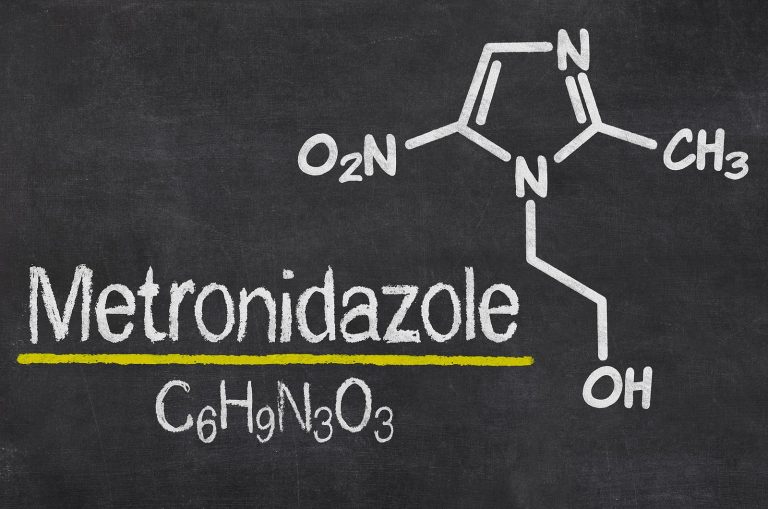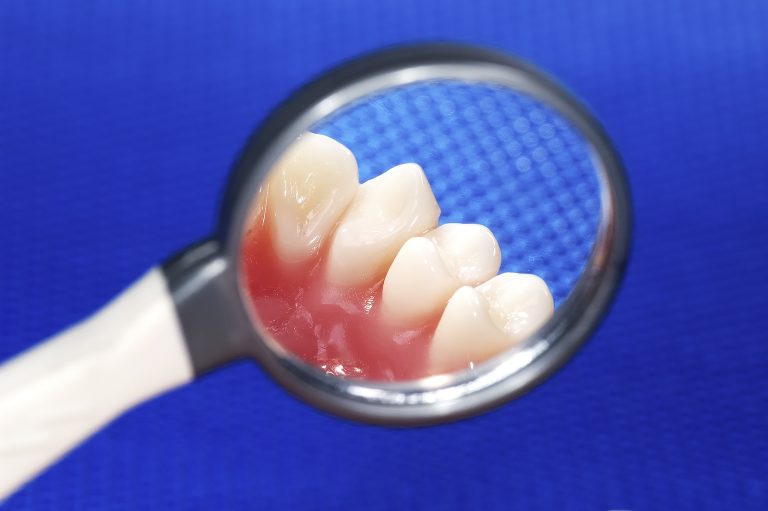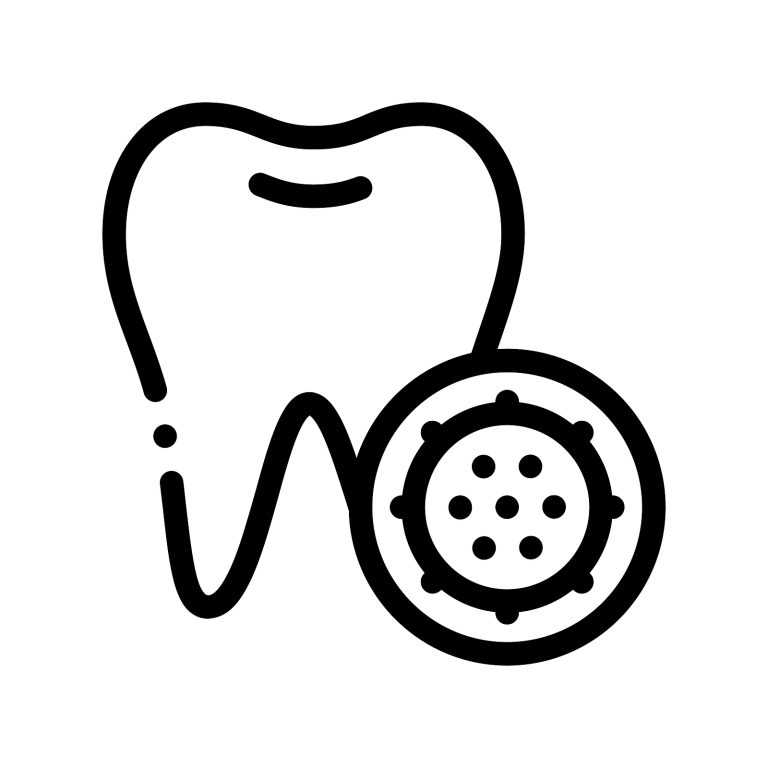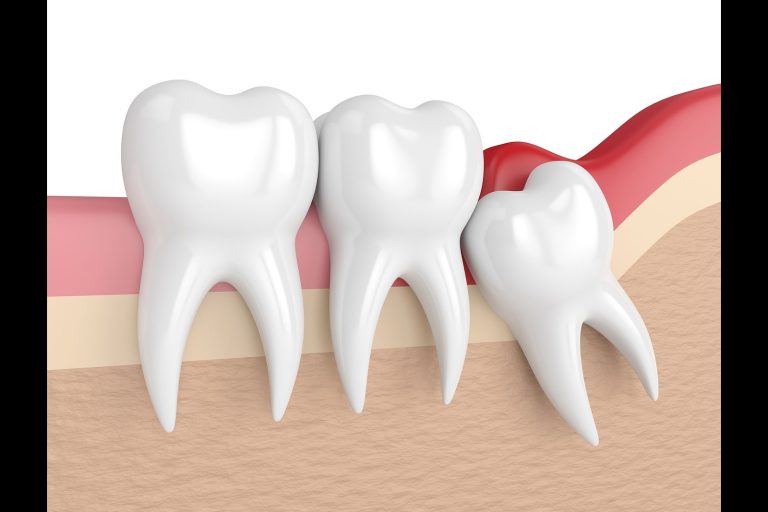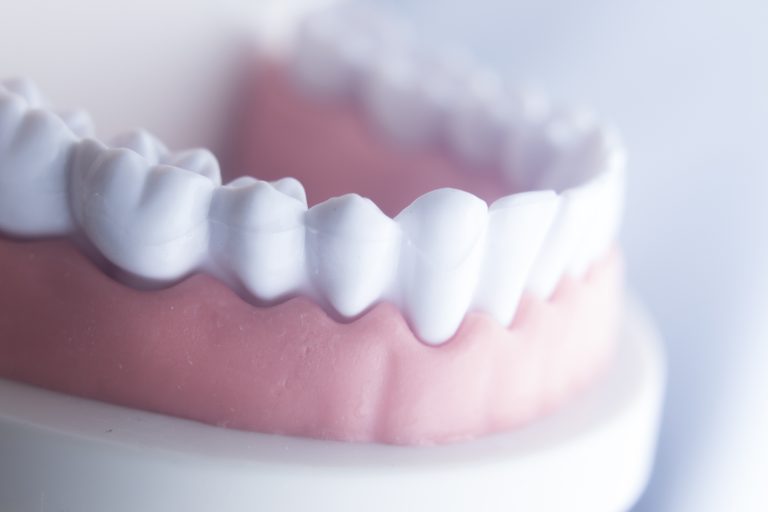For many patients who are suffering from tooth pain and think they may have an abscess, the problems may extend beyond the discomfort and swelling they are suffering from. If action is not taken swiftly, the infection could get a lot worse and lead to sepsis.
The issue of ‘dental deserts’ is a major concern across the country and a common reason for people who need treatment for severe conditions like an abscess to find they cannot get an appointment quickly. This situation increases the risk of complications, with sepsis being the most dangerous of them.
Why Is Sepsis So Dangerous
Sepsis is potentially deadly because it involves the immune system responding to a severe infection, not by fighting the virus or bacteria as it normally would, but attacking the patient’s organs and tissue instead.
This can lead to severe inflammation throughout the body. In the worst cases, it can prove fatal, while sufferers can also face limb amputation (often due to blood clots cutting off circulation) and organ damage.
Sepsis is commonly caused by an infection in the bloodstream and this is how cases arising from dental abscesses start. If you buy amoxicillin, you can avoid this.
Dental Sepsis Issue Highlighted
The issue of dental sepsis was highlighted last year when campaign group Toothless in England wrote an open letter to the new health secretary, Wes Streeting, urging him to make good on Labour’s manifesto promises to improve dental care provision. One of the major concerns it raised was the risk of sepsis arising from dental problems going untreated.
If you have an abscess, contacting us for an online assessment and obtaining amoxicillin can do more than just ease the discomfort; it can prevent the infection from worsening and therefore minimise the risk of it spreading through the blood and triggering sepsis.
The importance of this can be borne out by some grim experiences of dental patients and data on sepsis and its medical impact.
A Dental Abscess Horror Story
A case that was widely reported in the news recently was that of student Katelyn de Blick, who received a compensation payout after negligent dental treatment left her with untreated tooth decay. This led to an abscess and she eventually had the tooth removed in hospital after being warned she could get sepsis.
Awful as the experience was for Ms de Blick, she was one of the lucky ones. She received antibiotics to help with the infection and this, plus the dental work that belatedly took place, prevented sepsis. Others are not so lucky.
How Bad Is The Problem In The UK?
Medical data in the UK has highlighted just how common and devastating sepsis can be. A House of Commons debate on sepsis awareness that took place last year highlighted some alarming facts.
In the financial year 2023-24, there were 119,911 hospital admissions with sepsis in England and Wales, of which 88 per cent were classed as emergency admissions.
Although early intervention with antibiotics helped save many lives, the number of deaths has risen, with 4,276 in 2023, up 63 per cent on the 2,630 recorded in 2018.
Instances of death certificates being issued with any mention of sepsis also rose during this time, from 23,185 to 26,203.
Even these figures may be a conservative estimate. The Sepsis Trust pointed to a 2018 report published in The Lancet that calculated there were 245,000 cases of sepsis in the UK a year, with a mortality rate of just over 20 per cent. This works out at around 48,000 deaths a year, more than breast, bowel and prostate cancer combined.
In addition to this, there are cases of patients who survive sepsis but suffer life-changing effects ranging from the loss of limbs to organ damage. The Sepsis Trust estimated this to total around 80,000 people a year in the UK.
Who Is Most At Risk?
All kinds of infections, not just dental, can lead to sepsis. Those most at risk will include pregnant women and newborns, over 65s, burn injury victims, people with compromised immune systems and conditions such as diabetes, plus those being treated with catheters and breathing tubes.
Nobody should have to join that list of high-risk patients just because they need to see a dentist and cannot get to one quickly. Being very young or very old is a fact of life. So is being pregnant, or, for many, becoming immunocompromised. By contrast, sepsis arising from a dental abscess is eminently avoidable.
That is why it is so important to get the antibiotics you need to reduce the infection and avoid the immune system being placed under such pressure that it reacts by attacking your organs. Taking such action could literally save life and limb.



